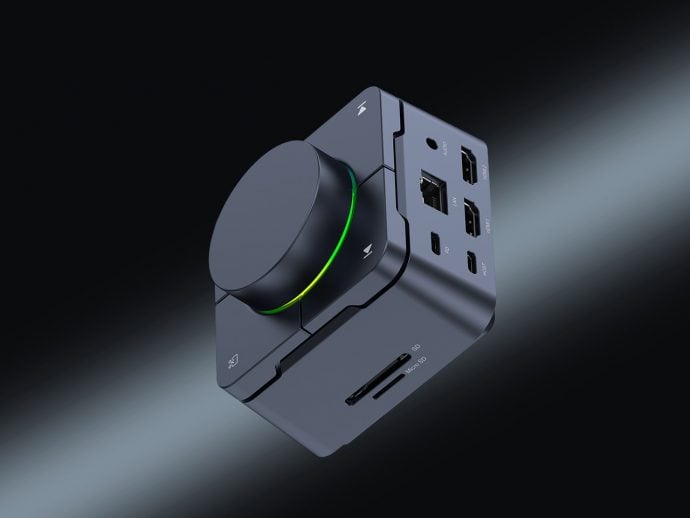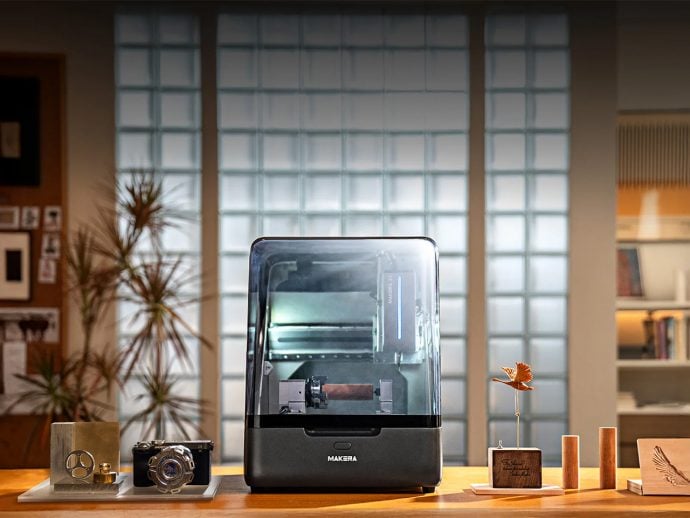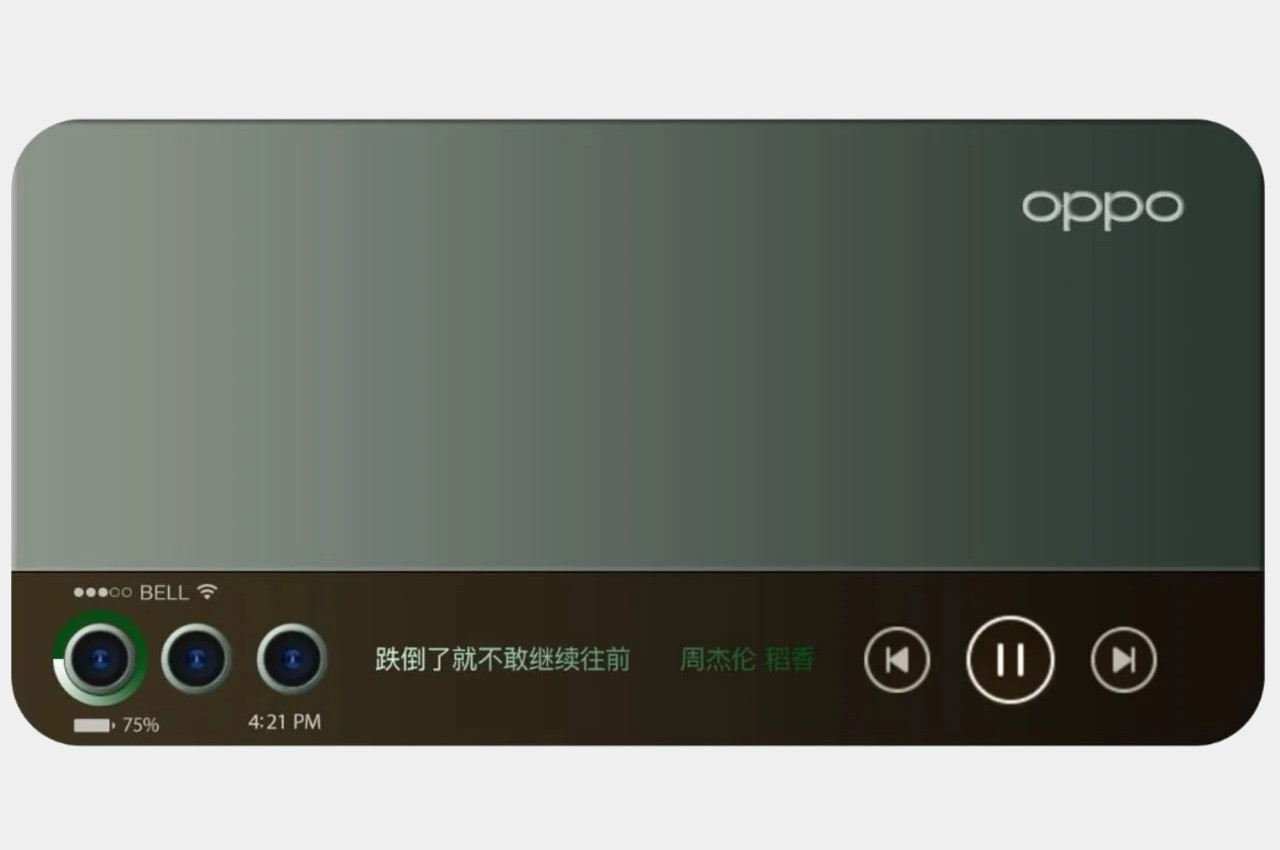
Technological innovation often requires navigating a labyrinth of ideas and balancing creativity with practicality. This journey is vividly illustrated by a story shared by Pete Lau, SVP & CPO of OPPO and Founder of OnePlus. It centers on a bold, almost revolutionary smartphone concept imagined by Will Zhou, head of OPPO’s Find Series product line. This narrative explores the essence of what makes a great product idea and reveals the nuanced decisions behind design innovation.
Designer: OPPO
Zhou’s vision, born five years ago, was nothing short of radical. He imagined a smartphone with a secondary display on its back—not just an additional screen but a dynamic interface that would transform users’ interactions with their devices. This secondary display would serve up personalized content, real-time updates, and interactive widgets, offering a new dimension of functionality that traditional smartphones lacked.
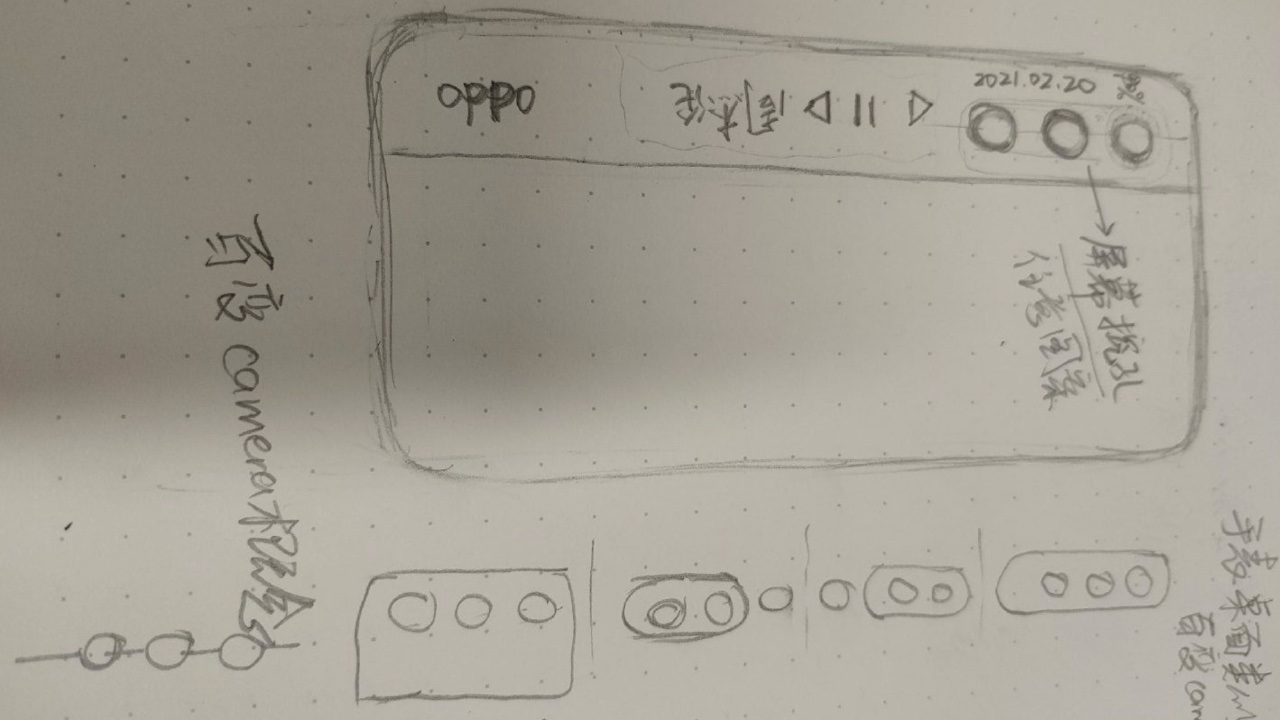
Sketch share by Pete Lau, SVP & CPO of OPPO, Founder of OnePlus
The allure of this concept lies in its potential to revolutionize user experience. Imagine glancing at the back of your phone to see tailored notifications, weather updates, or even a customizable digital art piece without the need to unlock your primary screen. This idea promised a fusion of aesthetics and utility, aiming to make every interaction with the device more intuitive and engaging.
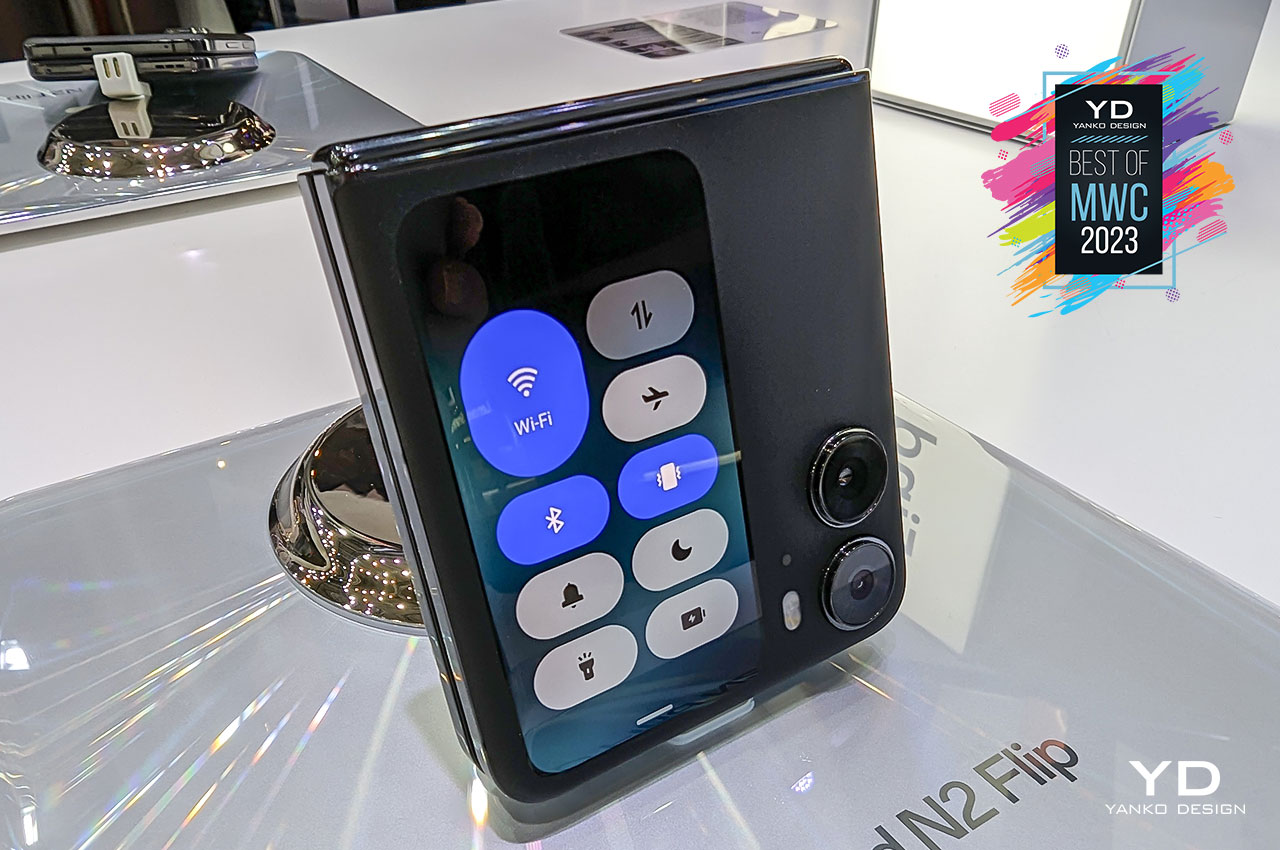
However, as OPPO’s team delved deeper into the feasibility of this design, they confronted a critical question: What value would this secondary screen truly provide to users? They needed to consider whether the additional display could offer something substantial that the primary screen couldn’t already accomplish. This introspection is crucial in product development, where tangible user benefits must justify innovation.
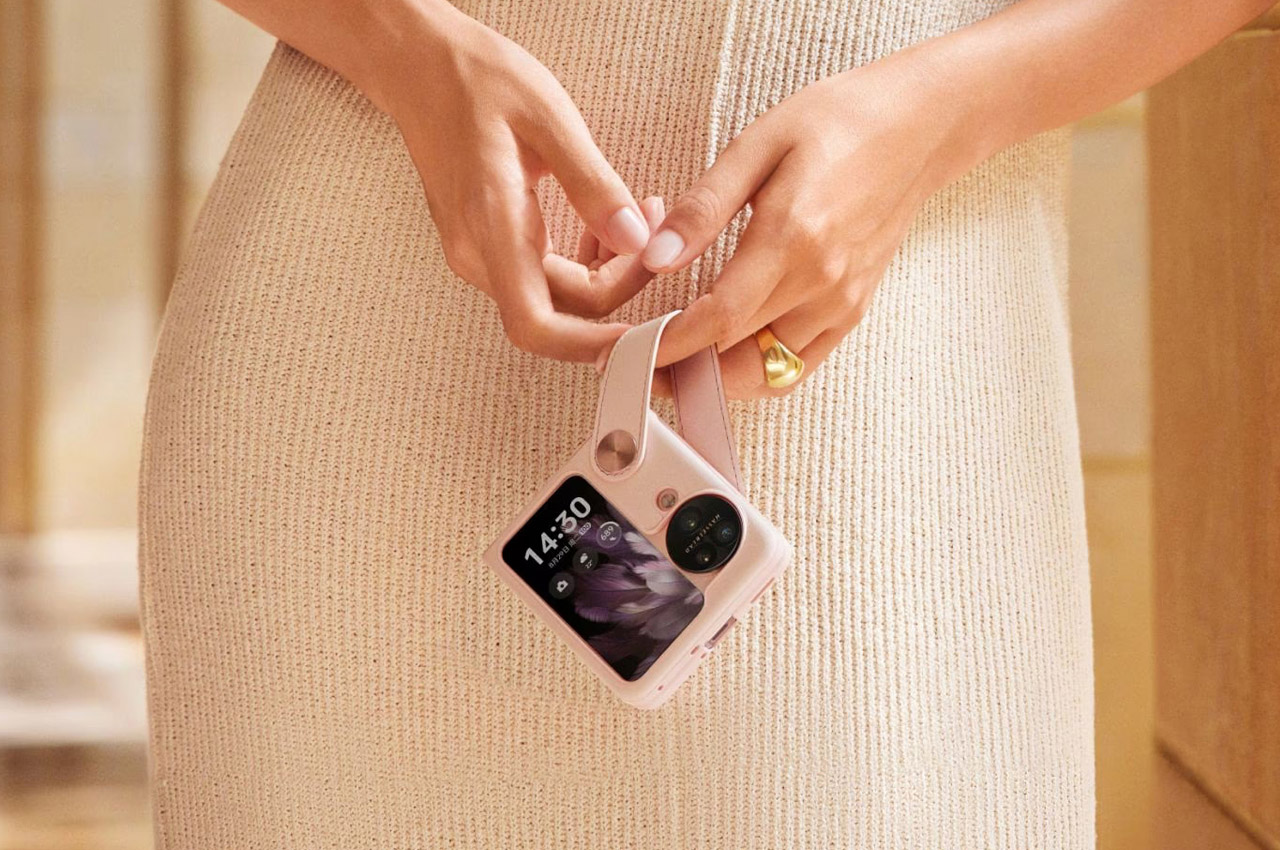
At OPPO, the approach to innovation is defined by a balance between audacity and pragmatism. The team navigates the excitement of new ideas while remaining their own harshest critics. This process ensures that only the most viable concepts advance. OPPO’s culture empowers teams to dream big and challenge norms, but it also emphasizes the importance of clarity and practical application.
Despite the potential and initial excitement surrounding Zhou’s concept, it was ultimately shelved. This decision wasn’t a failure but a testament to OPPO’s commitment to meaningful innovation. By rigorously evaluating the idea, the team recognized that the secondary display, while fascinating, didn’t offer enough unique value to justify its implementation.
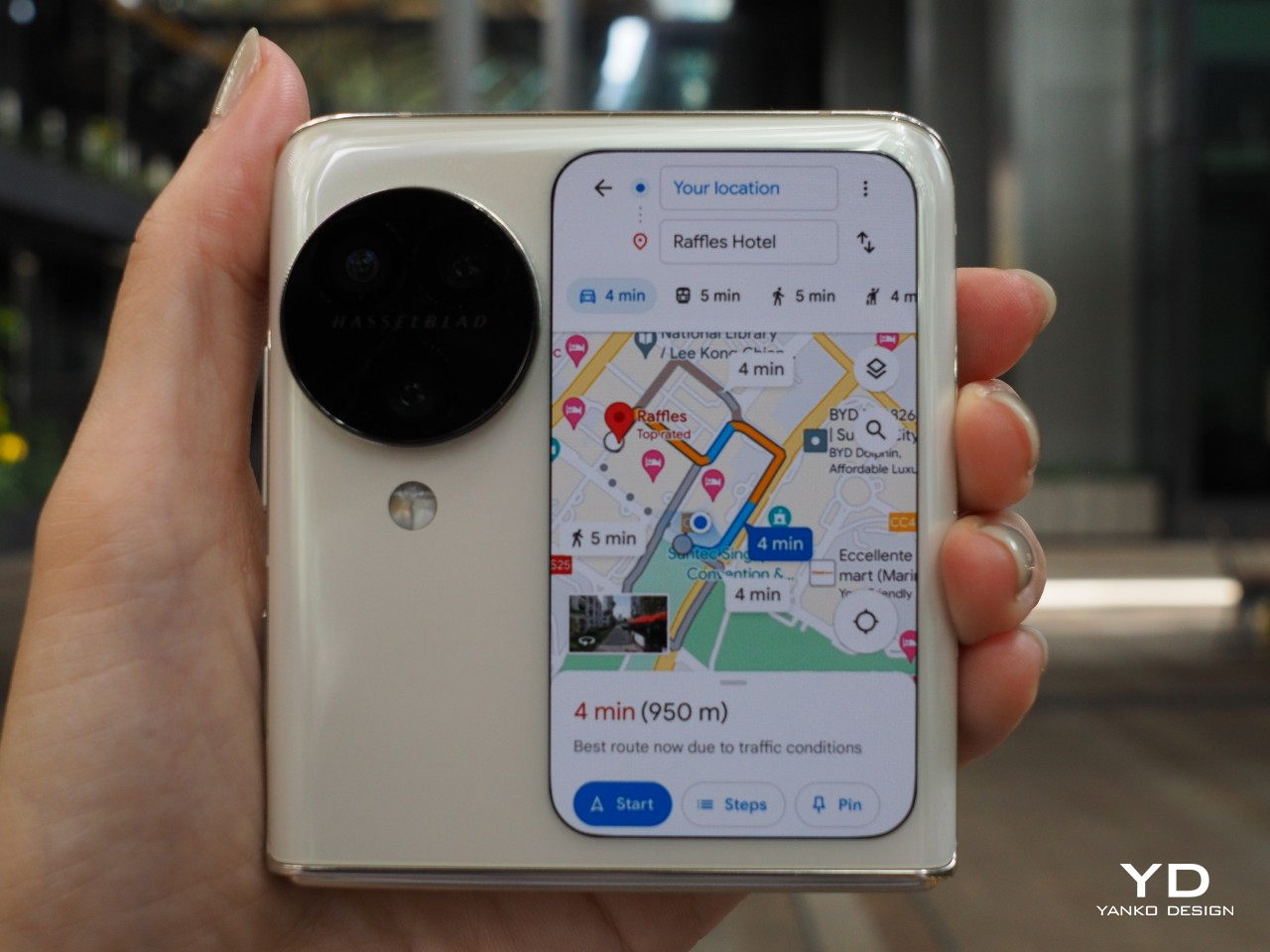
Interestingly, this exploration wasn’t in vain. The lessons learned from the secondary display concept paved the way for other innovations, like the exterior display on the Find N Flip devices. This evolution underscores how every idea can contribute to future advancements, even those not realized.
Reflecting on this journey, it’s clear that ideas that appear promising on paper may only sometimes succeed in the market. The real challenge lies in identifying which concepts can mature into practical, user-centered solutions. Innovation involves creating value that resonates with users and enhances their everyday experiences.
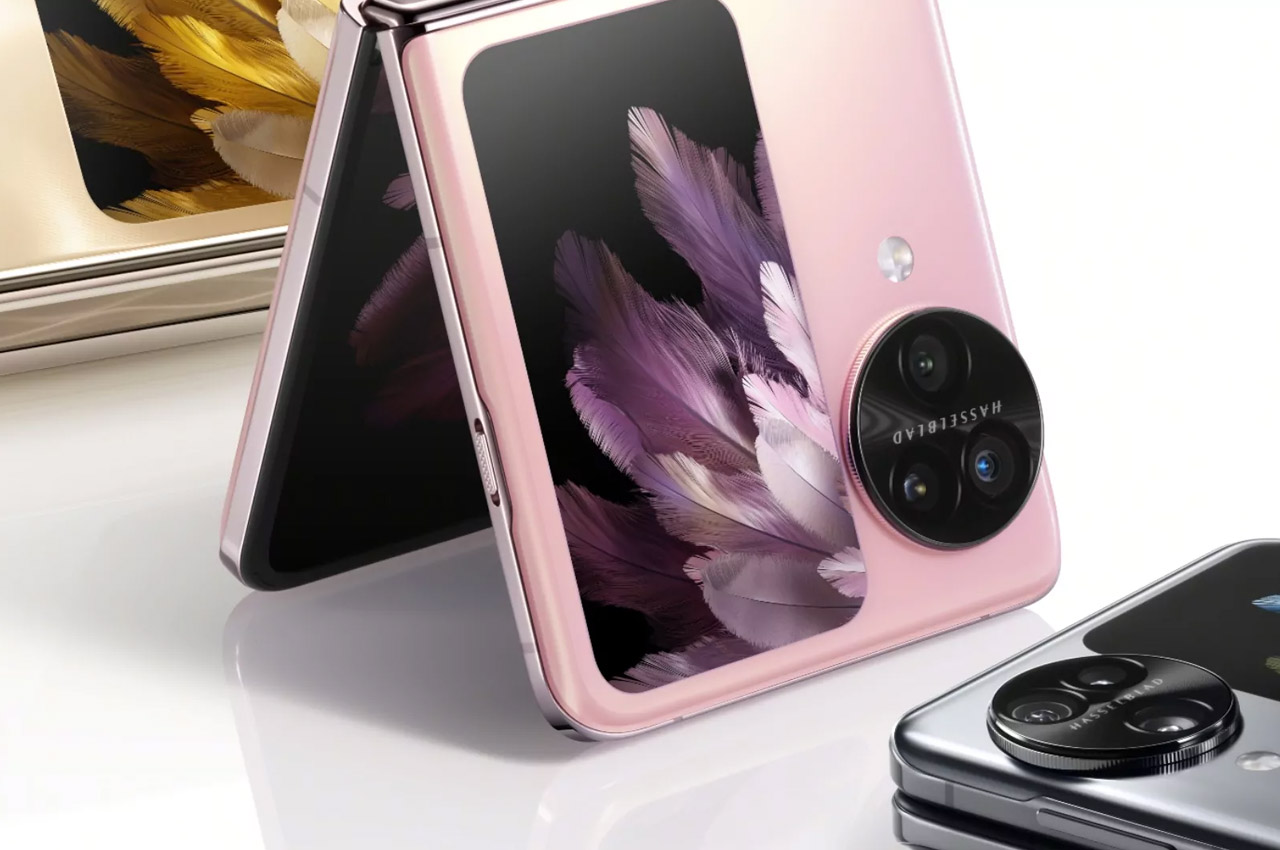
Understanding the delicate balance between creativity and practicality is essential in product design. The story of OPPO’s unseen smartphone concept serves as a reminder that innovation involves an intricate dance of daring ideas and meticulous scrutiny. By focusing on what truly matters to users and ensuring that every innovation is visionary and viable, companies like OPPO continue to drive the tech industry forward, one thoughtful design decision at a time.

